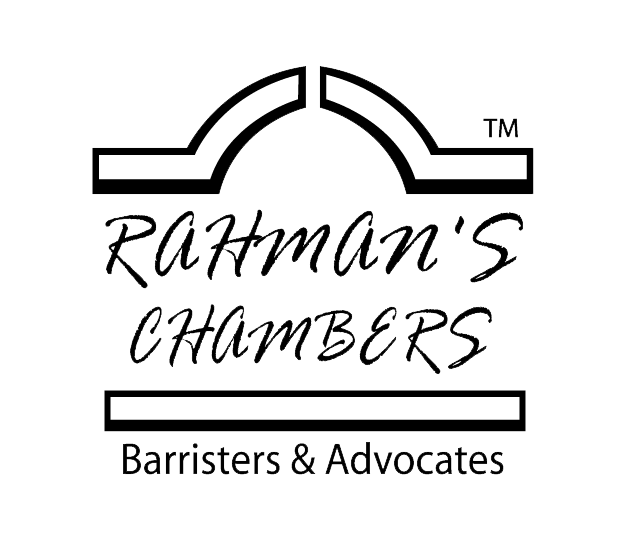Additional sanctions related to price caps have been imposed by the Treasury
Summary:
On December 1, 2023, the United States Department of Treasury’s Office of Foreign Assets Control (OFAC) has imposed sanctions on three entities. Additionally, three vessels that carried Russian crude oil above the Coalition-agreed price cap while using Price Cap Coalition services are identified as blocked property. These sanctions have been imposed to responsibly reduce oil revenues that the Russian government uses to fund its war against Ukraine. These sanctions build on Treasury’s previous actions taken in October and November of this year.
Content:
Deputy Secretary of the Treasury Wally Adeyemo has stated that the enforcement of the price cap on Russian oil is a key priority for the United States and its Coalition partners. In line with the dual objectives of the price cap, namely to restrict Russia’s profits from oil, while promoting stable global energy markets, the objective is to target these companies and their ships.
The United States is part of a global alliance of nations known as the Price Cap Coalition. This coalition, which includes the G7, the European Union, and Australia, has committed to banning the import of crude oil and petroleum products from Russia. Additionally, these countries, which are known for their top-notch financial and professional services, have agreed to limit a wide range of services related to the maritime transportation of Russian crude oil and petroleum products; unless the oil is bought and sold at or below the specific price caps established by the Coalition or has been authorized by a license. This policy is known as the “price cap.” The aim of the price cap is to maintain a steady supply of crude oil and petroleum products to the global market, while also lowering the revenues that Russia earns from oil sales after their war of choice against Ukraine caused global energy prices to rise.
The Price Cap Coalition recently released an advisory on October 12, 2023, aimed at those involved in the maritime trade of crude oil and petroleum products. This advisory contains specific recommendations and best practices for both government and private sector actors in the industry. The goal of the advisory is to promote responsible practices, prevent and disrupt sanctioned trade, and enhance compliance with the price cap. Earlier, on February 3, 2023, OFAC released guidance on the implementation of the Price Cap Policy for Crude Oil and Petroleum Products of Russian Federation Origin. Subsequently, on April 17, 2023, OFAC issued an alert regarding the possible evasion of the Russian Oil Price Cap.
In December 2022, a price cap on Russian crude oil was set at $60 per barrel. However, three vessels – NS Champion, Viktor Bakaev, and HS Atlantica – carried Russian Urals crude oil priced above $70 per barrel after the price cap was implemented. While transporting the Russian crude oil, all three vessels used services provided by U.S. entities.
The NS Champion is owned by United Arab Emirates-based (UAE-based) Sterling Shipping Incorporated, whereas Viktor Bakaev is owned by UAE-based Streymoy Shipping Limited. On the other hand, HS Atlantica is owned by Liberia-based HS Atlantica Limited.
As a result of their operation in the marine sector of the Russian Federation economy, Sterling Shipping Incorporated, Streymoy Shipping Limited, and HS Atlantica Limited have been designated pursuant to Executive Order 14024 by OFAC (Office of Foreign Assets Control). Furthermore, NS Champion, Viktor Bakaev, and HS Atlantica have been identified by OFAC as properties in which Sterling Shipping Incorporated, Streymoy Shipping Limited, and HS Atlantica Limited have respective interests.
The imposition of sanctions will result in the blocking of all property and interests in property of the individuals mentioned above, which are located in the United States or under the control of U.S. persons. Such blocked property and interests must be reported to OFAC. Furthermore, any entities that are owned, either directly or indirectly, by one or more of the blocked persons in an amount equal to or greater than 50 percent are also subject to the blocking provisions. Any transactions involving property or interests in property of designated or blocked persons within or transiting through the United States by U.S. persons are prohibited, unless authorized by OFAC through a specific or general license, or exempted from such prohibitions. These prohibitions extend to any provision or contribution of funds, goods, or services by, for, or to the benefit of any blocked person, as well as the receipt of any provision or contribution of funds, goods, or services from any blocked person.
Picture and Article Sources: US Treasury website


Leave a Reply